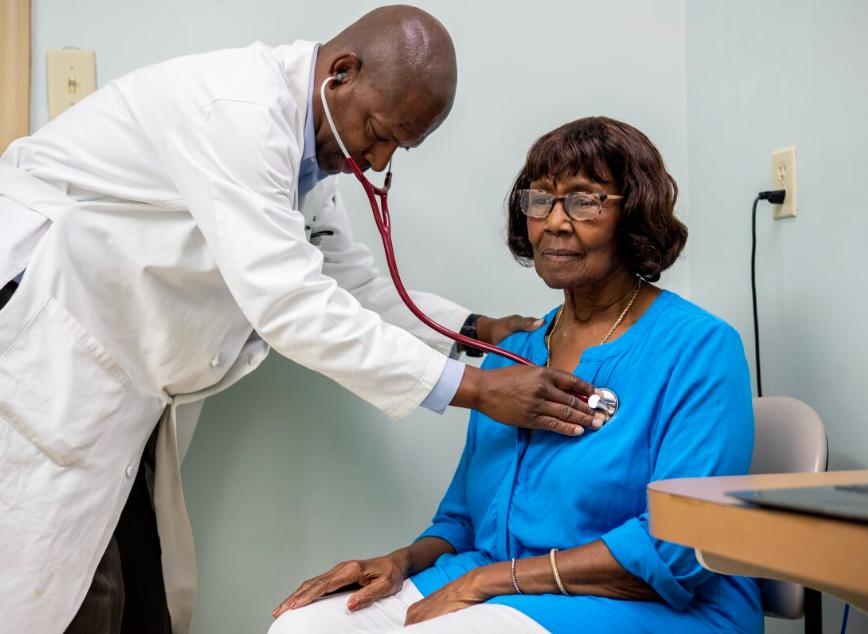Healthcare is more than just treatment—it’s about trust, accessibility, and cultural understanding. Black primary care doctors play a vital role in bridging healthcare gaps, improving patient outcomes, and fostering confidence in medical institutions. At WesBMD, we recognize the importance of representation in healthcare and its direct impact on community well-being.
Why Representation in Healthcare Matters
Representation is crucial in ensuring equitable care for all. Patients often feel more comfortable and understood when receiving treatment from a doctor who shares their cultural background. Black primary care physicians help build trust, leading to better patient adherence to medical advice and improved overall health outcomes.
Studies show that Black patients who have Black doctors are more likely to seek preventive care, attend regular checkups, and feel heard during medical visits. This familiarity fosters better communication, reduces misdiagnoses, and improves treatment effectiveness.
Addressing Health Disparities in Black Communities
Black communities face higher rates of chronic illnesses such as hypertension, diabetes, and heart disease. Socioeconomic factors, access to healthcare, and historical medical biases contribute to these disparities. Black primary care doctors understand these challenges firsthand and provide culturally sensitive care tailored to their patients’ needs.
Preventive care is key. Black physicians encourage early screenings, promote healthier lifestyle choices, and create personalized health plans that acknowledge cultural dietary habits and living conditions. Their advocacy helps bridge the healthcare gap and improve long-term community health.
Rebuilding Trust in the Medical System
Mistrust of the healthcare system among Black communities stems from historical injustices such as the Tuskegee Syphilis Study and ongoing racial disparities in pain management. Many Black patients feel unheard or dismissed in medical settings, leading to reluctance in seeking care.
Having Black doctors in primary care helps restore trust. They take the time to listen, validate concerns, and ensure that patients receive fair and accurate treatment. Their presence reassures patients that their well-being is a priority, ultimately improving healthcare engagement.
Encouraging Diversity in Medical Education
Creating more opportunities for Black students to pursue careers in medicine is essential in increasing representation. Many aspiring Black doctors face systemic barriers, including limited access to mentorship, financial hurdles, and implicit bias in medical school admissions.
To change this, healthcare institutions and medical schools must actively promote diversity initiatives, mentorship programs, and scholarship opportunities. A diverse healthcare workforce leads to a more inclusive and effective medical system that serves all communities equitably.
Final Thoughts: Representation Saves Lives
The presence of Black primary care doctors is not just about diversity—it’s about improving health outcomes, building trust, and addressing systemic inequalities in healthcare. When patients receive care from physicians who understand their backgrounds, they are more likely to engage in their health proactively.
At WesBMD, we celebrate the contributions of Black primary care doctors and advocate for a more inclusive healthcare system. By supporting representation, we take a crucial step toward a future where quality care is accessible to everyone.


